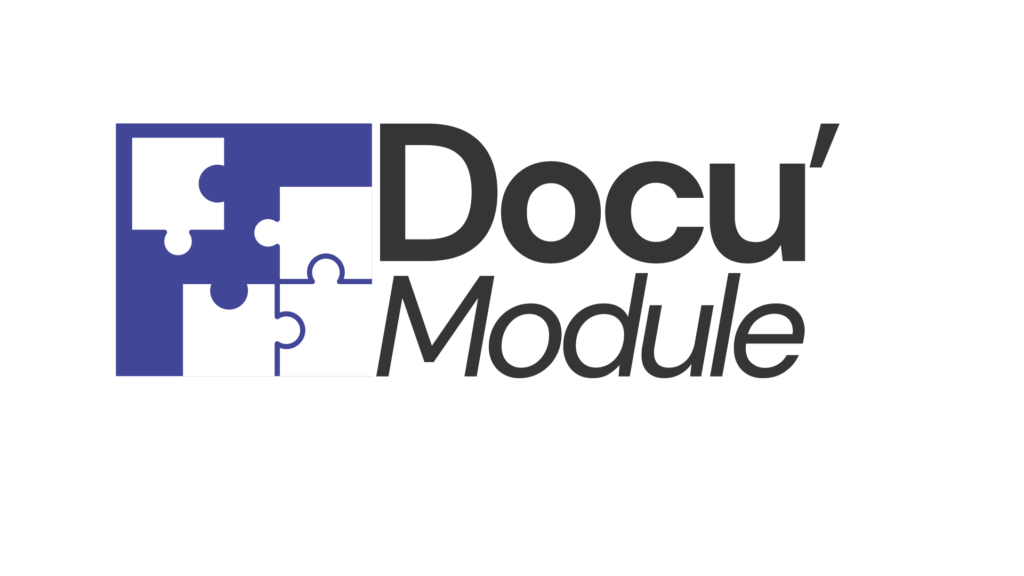- Current context
Electronic signature as an essential tool for dematerialization
At the time of digital transformation, the dematerialization of documents is imposed as a strategic pillar for companies. However, there are many processes that are still partially manual , slowing down the expected efficiency gains. This is particularly the case with the signing of documents , too often still carried out by hand, with all that that involves slowness, risks of errors or non-compliance.
In this context, the electronic signature stands out as a tool that is both secure, legal and productive to fully digitize documentary processes. But concretely, what is electronic signature? How does it work? What advantages does it offer for administrative, financial or human resources departments? How to integrate electronic signature at the heart of your business processes?









